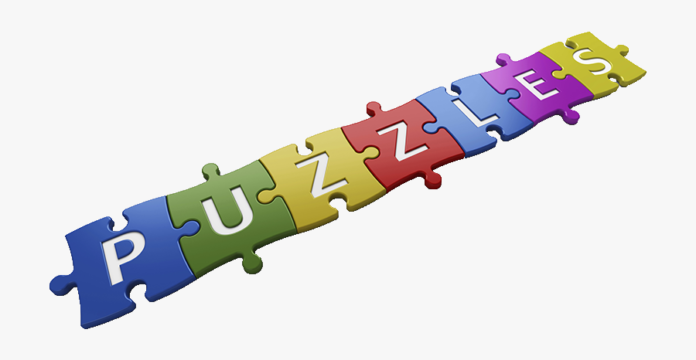Word games and puzzles have long been a source of entertainment and mental stimulation for people of all ages. From crossword puzzles to word searches, these games challenge our cognitive abilities and provide a welcome break from the daily routine.
However, experts warn that while word games and puzzles can be enjoyable, they should be approached with caution. Excessive use of these games can lead to negative consequences, especially when they interfere with daily responsibilities or social interactions.
Research suggests that spending too much time on word games and puzzles may have adverse effects on cognitive function. While these activities can help improve memory, attention, and problem-solving skills, overindulgence may result in cognitive overload and mental fatigue.
Moreover, excessive engagement in word games and puzzles may contribute to procrastination and distraction from more important tasks. This can be particularly problematic for students or individuals with demanding work schedules, as it may hinder productivity and academic or professional success.
In addition to the potential negative impact on cognitive function and productivity, word games and puzzles can also have social consequences. Excessive use of these activities may lead to isolation and withdrawal from social interactions, as individuals prioritize solitary leisure activities over spending time with friends and family.
Despite these concerns, word games and puzzles can still be enjoyed in moderation. Incorporating them into a balanced lifestyle, alongside other leisure activities and responsibilities, can help maximize their benefits while minimizing potential drawbacks.
To ensure a healthy approach to word games and puzzles, experts recommend setting limits on screen time and prioritizing social connections and physical activity. It’s essential to strike a balance between leisure activities and other aspects of life to maintain overall well-being.
Furthermore, it’s important to vary the types of mental activities you engage in to prevent monotony and ensure overall cognitive health. Instead of solely relying on word games and puzzles, consider incorporating activities such as reading, learning a new skill or language, or engaging in creative pursuits like drawing or writing.
Additionally, it’s beneficial to challenge yourself with activities that target different cognitive domains, such as memory, attention, reasoning, and spatial awareness. This variety can help stimulate different areas of the brain and promote overall cognitive flexibility and resilience.
Moreover, practicing mindfulness and stress-reduction techniques can complement mental exercises by promoting relaxation and emotional well-being. Activities like meditation, deep breathing exercises, and yoga can help alleviate stress and improve mental clarity, allowing you to approach word games and puzzles with a clear and focused mind.
Ultimately, the key to enjoying word games and puzzles responsibly lies in moderation and balance. By incorporating them into a well-rounded lifestyle that prioritizes physical health, social connections, and emotional well-being, you can reap the benefits of these activities while safeguarding against potential drawbacks.

